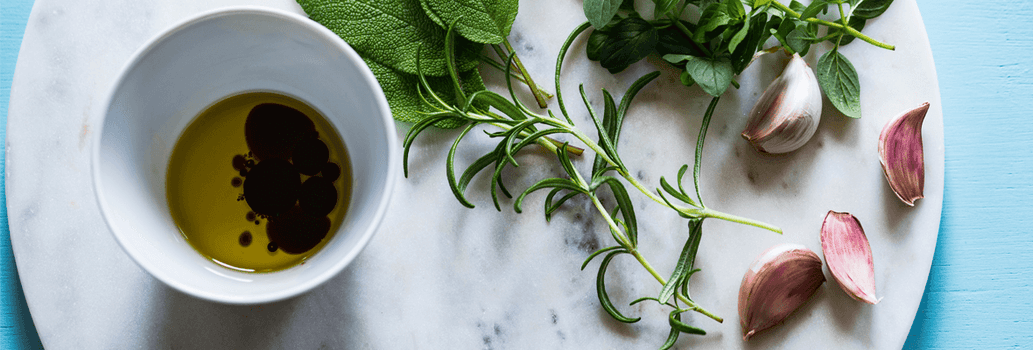- Marina AM, Che Man YB, Nazimah SAH, Amin I. Chemical properties of virgin coconut oil. J Am Oil Chem Soc 2009;86:301-7

Fat or fiction: are saturated fats good for you?

Do you find yourself drizzling coconut oil on salads or adding it to your bliss balls to bump up the health benefits? You’re not alone. With the rise in popularity of the Paleo diet, there has been an increase in people embracing saturated fats - from butter to coconut oil - all in the name of better health.
Recently, I’ve noticed a lot of stories and claims about the health benefits of saturated fats in my social media news feeds. But are saturated fats healthy for you? Or is this fatty fad a fake?
A team of the world’s leading researchers has been looking at the evidence regarding dietary fats and heart health on behalf of the American Heart Association (AHA).
Since the early 1960s the AHA has recommended cutting back on saturated fats for a healthier heart, but it wanted to re-examine the high-quality evidence and recent studies to eliminate any doubt and confirm what oils and fats are best for our heart.
Their researchers examined more than 60 years of studies and found that overwhelmingly the science showed for better heart health a diet in low saturated fats is best. You can read the full report here.
Specifically they reported:
- Switching saturated fat with polyunsaturated fat from vegetable oils lowered the risk of heart disease.
- People with diets that were higher in polyunsaturated and monounsaturated fat, and lower in saturated fat had lower rates of heart disease and lived longer.
- Swapping saturated fat with polyunsaturated and monounsaturated reduced ‘bad’ LDL cholesterol.
The evidence is strong and consistent. To love your heart and your body, reduce saturated fats and switch to polyunsaturated and monounsaturated fats, like those found in vegetable oils, as part of a healthy, plant based diet.
How can you do this? Try cutting back on meats, butter, full-fat dairy and coconut oil. Be generous with vegetables, nuts and seeds. And when the afternoon hunger hits, swap your snack from cakes and biscuits to nuts and fruit.
The low down on coconut oil and butter
Coconut oil: Coconut oil is surrounded by a lot of health claims with very little science to back them up. Coconut oil fans put the health benefits down to the high content of Medium Chain Triglycerides (MCTs), but in actual fact, coconut oil is only 3-4% MCTs1. This misconception is based on that fact that coconut oil consists mostly of one type of fatty acid (the building block for fats) called lauric acid. In chemical terms, lauric acid can be described as either a medium-chain or long-chain fatty acid, however it behaves more like a long-chain fatty acid in the human body. Research that shows the neutral or beneficial effects of MCTs on human health therefore do not directly apply to coconut oil.
When specifically looking at the effect of coconut oil, it appears to raise both our bad cholesterol (LDL) and our good cholesterol (HDL), with the overall effect on our health to still be determined. However, when you compare coconut oil to healthy fats (such as olive oil, nuts, avocado, margarine etc), which have consistently shown to improve blood cholesterol levels, the evidence shows that coconut oil simply does not stack up. This is a position backed by Heart Foundation research that found that while coconut oil did not raise total cholesterol and LDL cholesterol to the same extent as butter, it increased them to a greater extent than other plant oils. So if you love the coconut flavour it adds to dishes, try using low fat coconut milk instead.
Butter: There’s been a move back to butter with the rise in cooking shows and as people seek less processed foods. Butter is around 70% saturated fat, and while a small amount of butter in some cooking is not a cause for concern, it’s best to try and switch to healthy oils like olive oil or vegetable oil and opt for plant based spreads such as margarine, avocado, hummus and nut or seed butters.

The latest nutrition advice, plus health and wellness tips delivered to your inbox monthly
